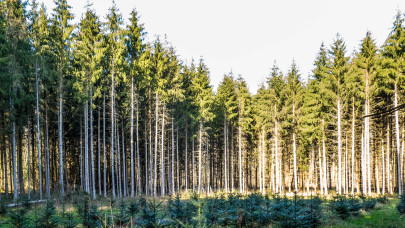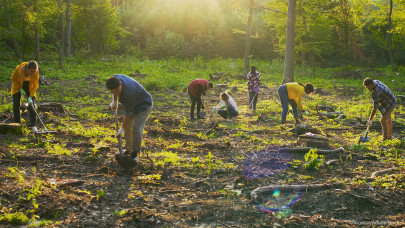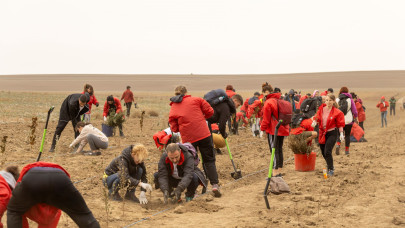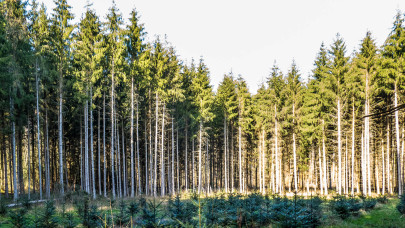The report warned that if no action is taken to limit carbon dioxide emissions, Greece risks desertification of about 40%, especially in the eastern and southern parts of the country.
It cited forecasts of temperatures rising by 1.2 to 2 degrees Celsius by mid-century and by 2 to 5 degrees Celsius after 2060, compared to 1971-2000, an increase in heatwave days by 10 to 15 days by 2050, and by 30 to 50 days by 2100. Precipitation is expected to decline significantly after 2050, particularly in the southernmost parts of the country.
At the same time, however, the frequency of extreme rainfall events will increase. Fires will become more frequent and rage for 10 to 20 more days by mid-century and 15-50 days by the end of the century. At the same time, sea levels will rise, by 15-20 cm by mid-century and by 20-80 cm by the end of the century.
The 1950s was, the report said, the tipping point, beyond which anthropogenic interference with the climate could not be reversed.
The study provides insight into the locations most vulnerable to climate change, to develop an effective national climate change adaptation policy. Physical and socioeconomic characteristics are used to measure vulnerability.
In terms of forest fires, the relatively highest vulnerabilities, by area, per capita, total, and GDP per capita, occur in Central Greece, Western Greece, and the Peloponnese, while Eastern Macedonia and Thrace show high vulnerabilities based on the unequal distribution of GDP per capita. Attica shows the highest vulnerability based on area and population density.
The study's findings on the impact on agriculture, notably in the case of Thessaly, are concerning. In the worst-case scenario, maize production may be reduced by up to 41.7%, cotton production could be reduced by up to 34.2%, and wheat production could grow by 13.4% by the end of the century.













